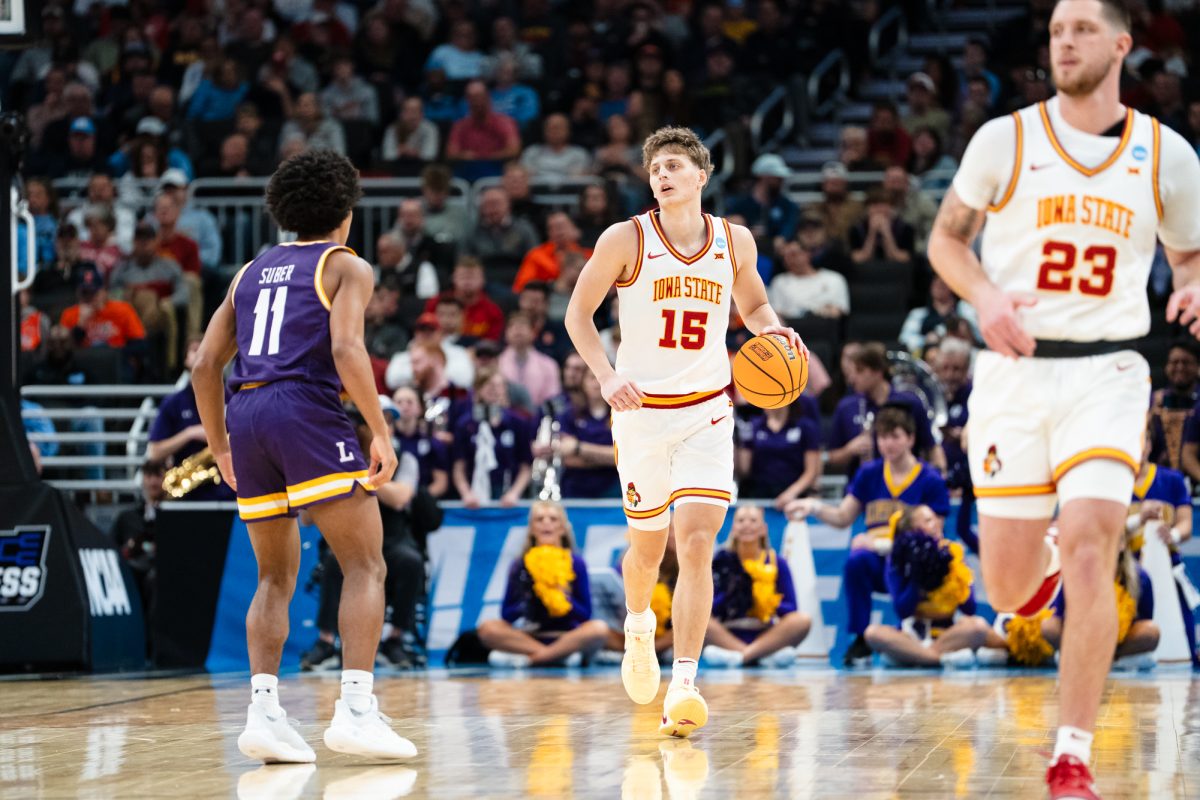Bands get creative in album releases
Vampire Weekend has emerged from their six year hiatus down a member. Rostam Batmanglij left the band before “FOTB,” but made a return as a collaborator for the project.
January 28, 2019
Artists in the 21st century are on the prowl for new ways to create buzz among listeners. Vampire Weekend, the preppy indie outfit out of New York, has returned from a 6-year dry spell with an ambitious new album, titled “FOTB,” and a unique release schedule.
As time goes on and the industry catches up with the trends of music listeners, it is safe to assume that more artists will make the transition into releasing music more often but in lesser quantities.
The way in which an album is released can make or break how successful an artist is. Artists have conjured up creative and oftentimes outlandish ways to release their music. In recent years, there has been a noticeable shift in how bands get their music into people’s hands. Modern audiences are choosing to listen to singles and playlists, focusing on accompanying tracks later.
Before releasing the full name of the album, which has been revealed as “Father of the Bride,” Vampire Weekend asked for fans to speculate on the meaning of the acronym. In addition to the mystery involved with the album title, the band also revealed a unique release plan. Two songs released every month until April, when the album will be released in its entirety.
The concept is a sign of the times. Schedules have only become more frenzied and every part of life has become planned. Artists have recognized this and understand that the “long play” style of listening is in the rear view. The industry has shifted to releasing music in the forms of extended playlists or singles. This practice can be seen in artists of every genre, ranging from Vampire Weekend to Kane Brown to Post Malone. It is more efficient and economically fruitful for these artists to release a few songs every year and have fans listen to them religiously than to release a full-length album and have half of the songs ignored in favor of the singles.
This misstep could be seen full-scale in Lil Wayne’s highly-anticipated “Tha Carter V” release. The album came in at a gargantuan 23 songs, eating up almost an hour and a half of someone’s day. The album had highlights, specifically “Mona Lisa” and “Uproar,” but much of the album drifted off into obscurity after its initial release.
Long gone are the days of buying a compact disc and listening to a full album. In the digital age where streaming is king, short, well-timed releases of a few songs are more beneficial for artists in creating interest.
Smallpools, who recently visited Ames in October for KURE Fest, have mastered the art of releasing their music in small batches. Having been together for six years, the band only has one full-length album to its credit.
In the days of vinyl records and Sony’s Walkman, this would have spelled commercial disaster for a band. But in today’s world, bands can still retain a loyal fanbase that will always be hungry for more by releasing 4-8 song EPs. Smallpools, despite only having one album, has garnered an insatiable fanbase simply by keeping a steady stream of releases going.
Looking back, bands and artists have taken a variety of avenues in releasing their music. The most memorable of the 21st century come in the form of Wu-Tang Clan’s “Once Upon A Time in Shaolin,” and Radiohead’s pay-what-you-want model for their 2007 album “In Rainbows.”
Wu-Tang Clan made headlines in 2015 for secretly recording a double album that would be sold to the highest bidder. The strategy created a massive buzz among hip-hop fans and the record went on to become the most expensive single album ever sold, fetching a cool $2 million.
Radiohead’s “In Rainbow” campaign paid dividends for the band when they announced fans would be able to buy their album for whatever they wanted pay. The strategy led to “In Rainbows” being their most successful album at the time.







